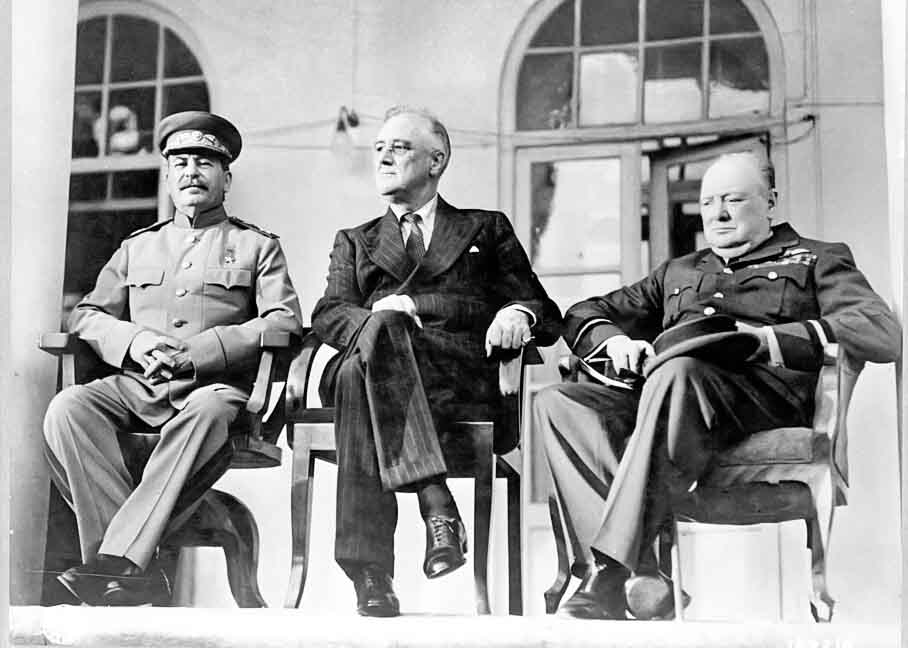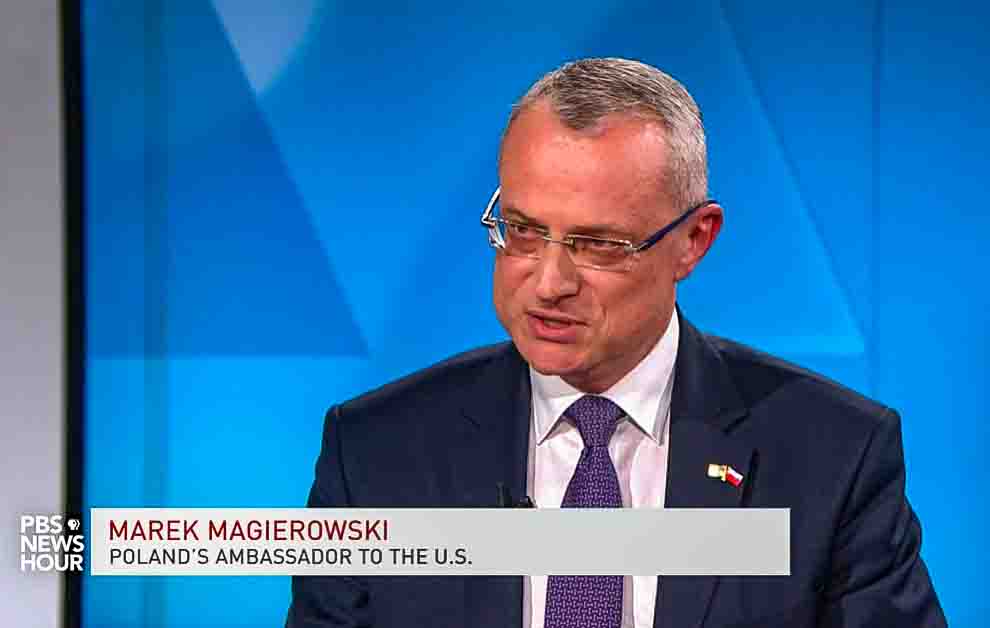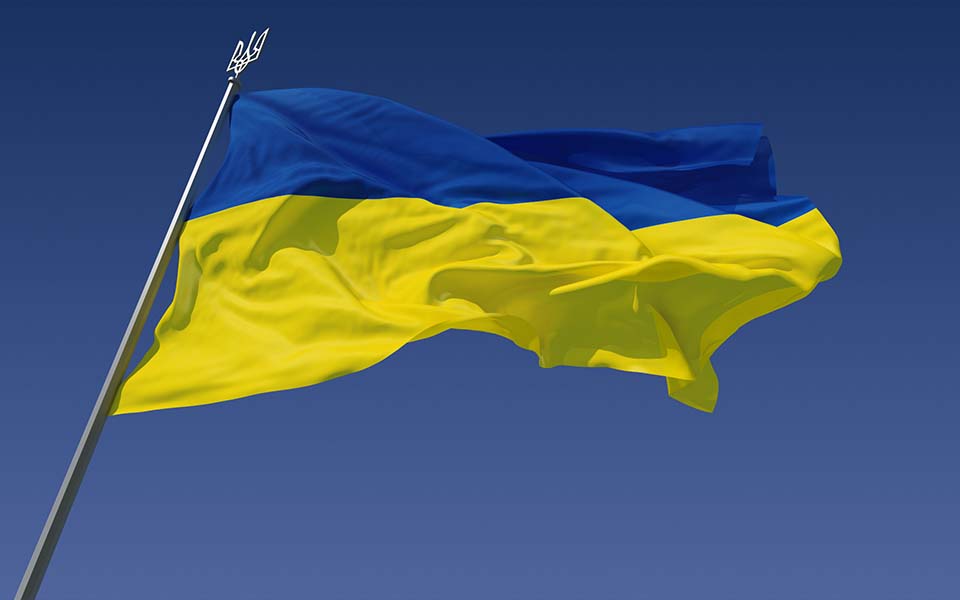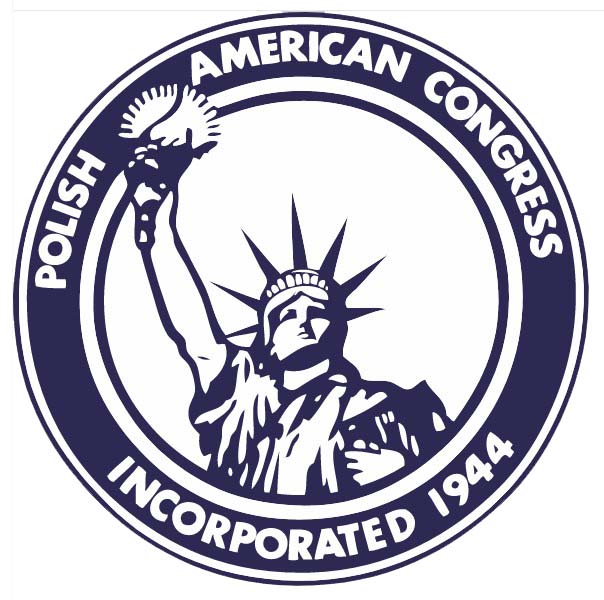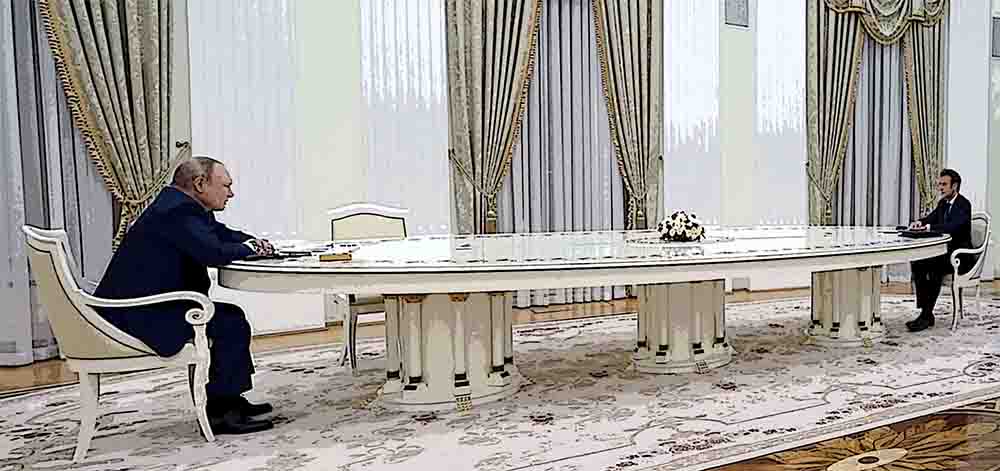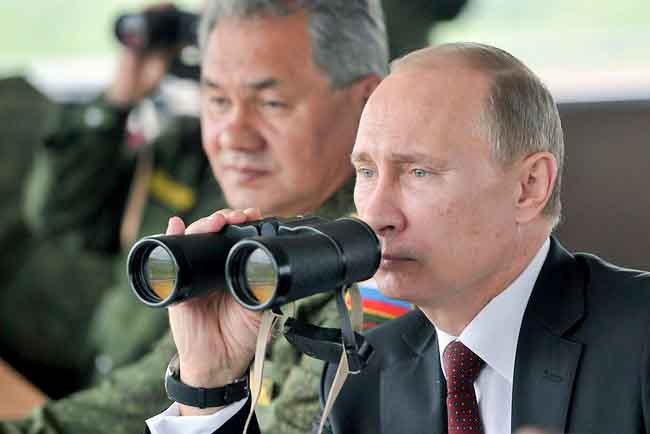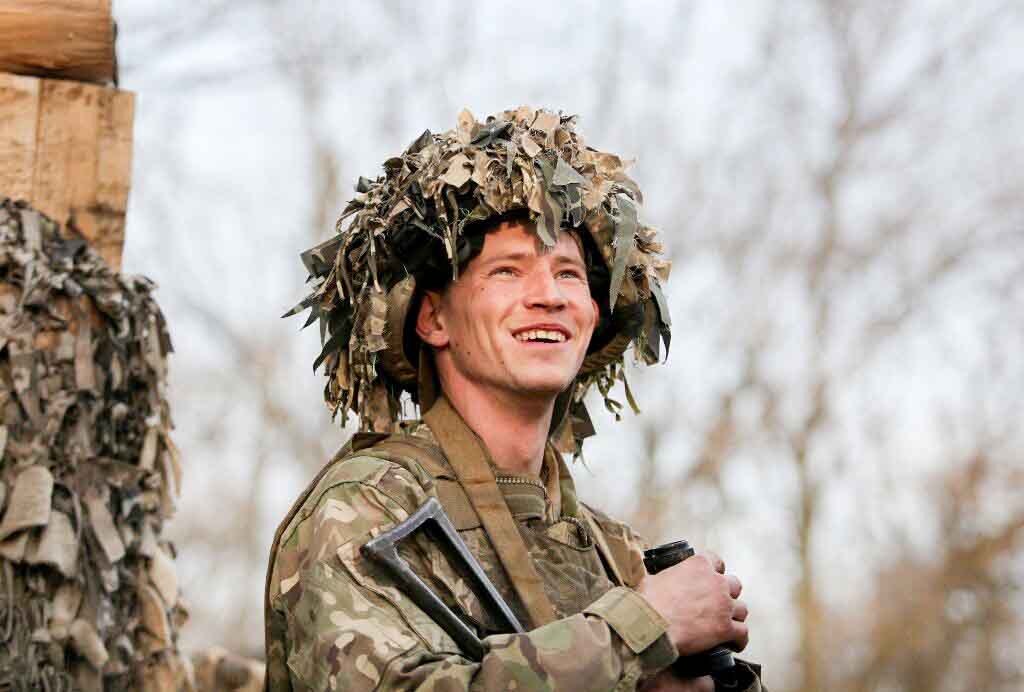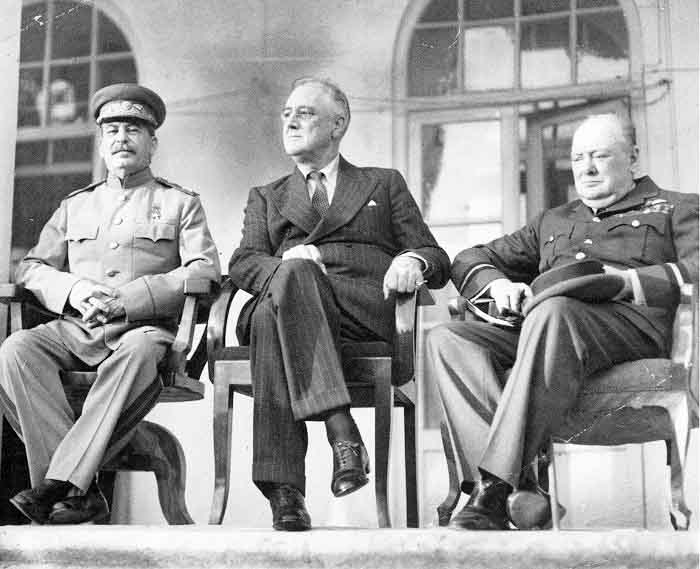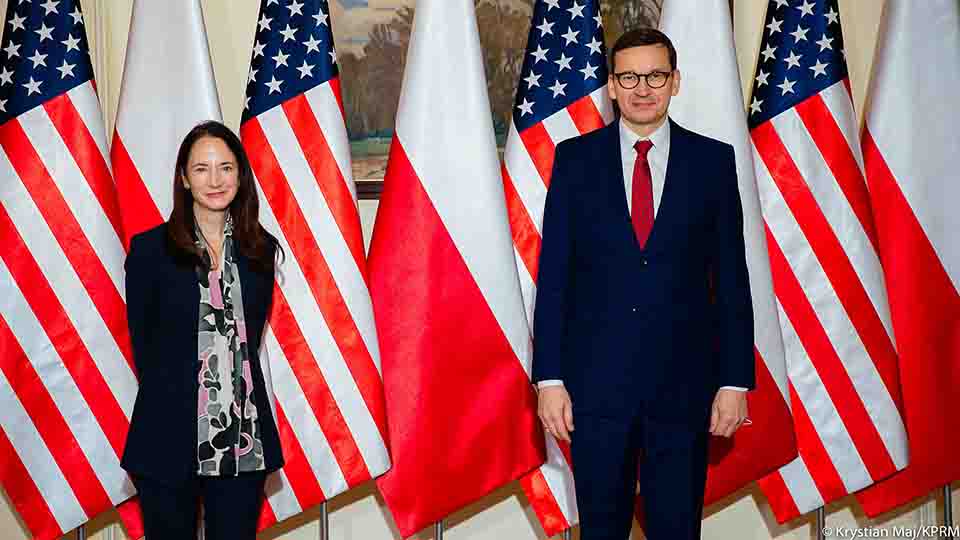It's getting harder and harder to be an objective journalist when analyzing what happens in the face of a real war that could break out any day.
It seems that the American administration is verifying its arrangements with Germany, inviting them to implement the Polish war projects. I will say with a little sarcasm: we are very proud of it. We have brotherly ties with the Ukrainians. They, in turn, quickly learned to conduct an assertive policy, especially towards us, who have been helping our fellowmen the most since 2014.
We talk little about it, but it is our national trait to be a humble and proud nation, while others promote their own actions, even if they are irrelevant. With some disbelief, I listen to the words that Great Britain has always helped Poland. I listen with fear to the words about the "second Afghanistan," and about the new alliance Great Britain-Poland-Ukraine, which is perhaps supposed to force France and Germany to be more active. I am full of admiration for the revival of the actions of the President of the Republic of Poland, who receives tweets of approval from the American embassy.
I wonder what our real capabilities of helping Ukraine are. We provide jobs to approx. 3 million young Ukrainians for whom Poland is becoming a place of safe self-development. Some of them gain knowledge at our universities, receiving scholarship assistance from us. We help Ukraine economically, financially, militarily and politically, we have been their advocate for a long time. The list of Polish aid for Ukraine is quite long. We should also ask ourselves: what do we get in return?
But let's go back to the new alliance. British Defense Minister Ben Wallace recently told The New York Times that: "Some in the West can feel the «Munich breeze» of 1938." So, will there be a "small aggression," or will the conflict spill over to the Baltic states, and maybe even to Poland? More American commandos land in Rzeszów, the British send their own, but there is no news about any initiatives of Germany or France.
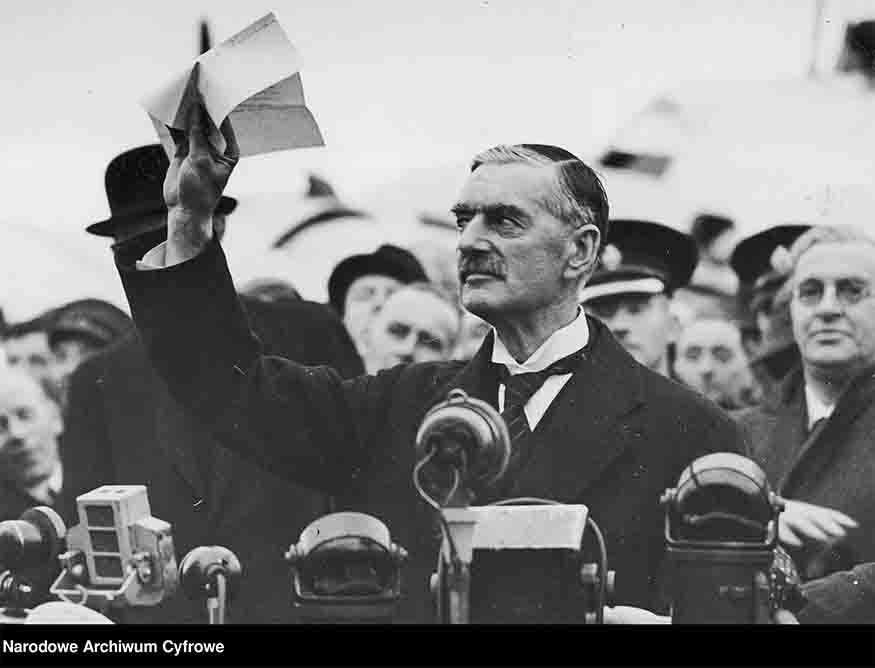
British Prime Minister Neville Chamberlain speaking at Heston airport to the assembled audience about the deal signed in Munich (Photo: NAC/Public Domain)
In order to have any influence on our allies, who speak so beautifully about helping us in the past, we must have at least some small leverage in the form of an active diaspora. We have such influential groups, both, in the United Kingdom and in the United States. President of the Polish American Congress, Frank Spula, together with Andrew J. Futey from the Ukrainian Committee in America, wrote a joint letter to President Biden, in which they unanimously demanded concrete measures from the Washington administration regarding the security of Ukraine. This is the second initiative of this type by the Polish diaspora, i.e. an important group of American voters in the United States. We are waiting for joint actions with Polish and Ukrainian diplomacy.
For my part, I would like to put forward a very humane way to end this conflict, which was presented in July 2014 in a Newsweek article "Educating Their Children Abroad Is the Russian Elite's Guilty Secret". It would be sufficient to just politely send all these children home, freeze their daddies' bank accounts, and soon the "Russian chessmaster" would have to look for a safe haven for himself. So why have all these conversations, initiatives, huge expenses? All you need is a simple, painless solution.
Best regards from overseas.
Translated from Polish by Andrew Woźniewicz.





